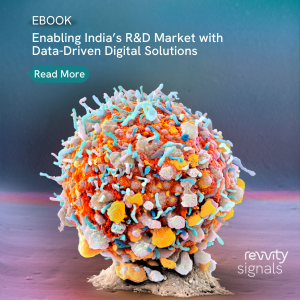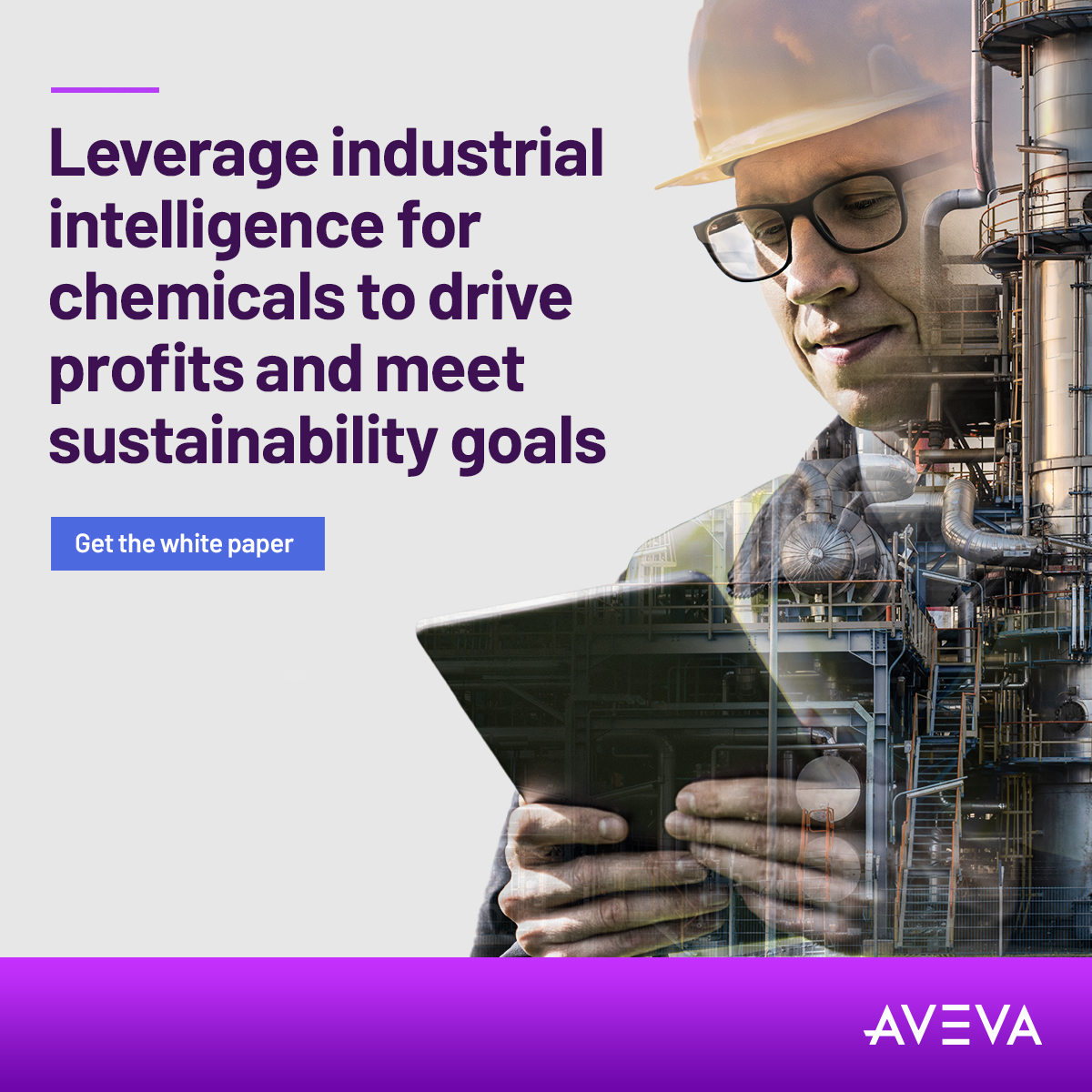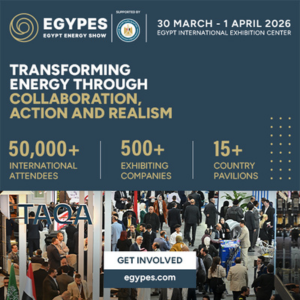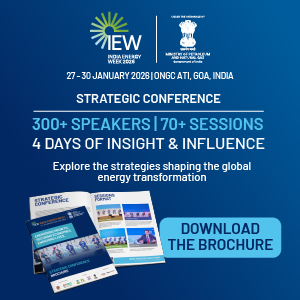Home » Gallery
Gallery
August 04, 2022
NextGen 2022 : Securing Supply Chain for the Chemical industry
NextGen 2022 : Paints & Coatings: The Next Growth Frontier
August 04, 2022
NextGen 2022 : Ethanol/Biofuel: Energy of Future
NextGen 2022 : Ethanol/Biofuel: Energy of Future
August 04, 2022
LanzaTech: Recycling Carbon, Creating Value - Dr. Preeti Jain, Global Director - Policy, Chemicals & Carbon Solutions, LanzaTech
.Dr. Preeti Jain, Global Director - Policy, Chemicals & Carbon Solutions, LanzaTech
August 04, 2022
We are developing robots for powder coating spray applications says Sankarshan B, Lead Product Engineer, Orangewood Labs
Interview with Sankarshan B, Lead Product Engineer, Orangewood Labs
August 04, 2022
Our 20-30% revenue gets generated via exports
Interview with Shubham Wahal, Technical - Business Manager, Wahal Engineering
August 04, 2022
NextGen 2022 : Digitalization: Holistic Approach Need of the Hour
NextGen 2022 : Digitalization: Holistic Approach Need of the Hour
August 03, 2022
NextGen 2022 : Future Leaders: Managing Sustainable Growth
NextGen 2022 : Future Leaders: Managing Sustainable Growth
August 03, 2022
Presentation on Sustainability in Chemical Sector: Nikhil Kalane, Management Consultant - Energy & Chemicals, PwC
.Nikhil Kalane, Management Consultant - Energy & Chemicals, PwC
August 02, 2022
NextGen 2022 : Paints & Coatings: The Next Growth Frontier
NextGen 2022 : Paints & Coatings: The Next Growth Frontier


















